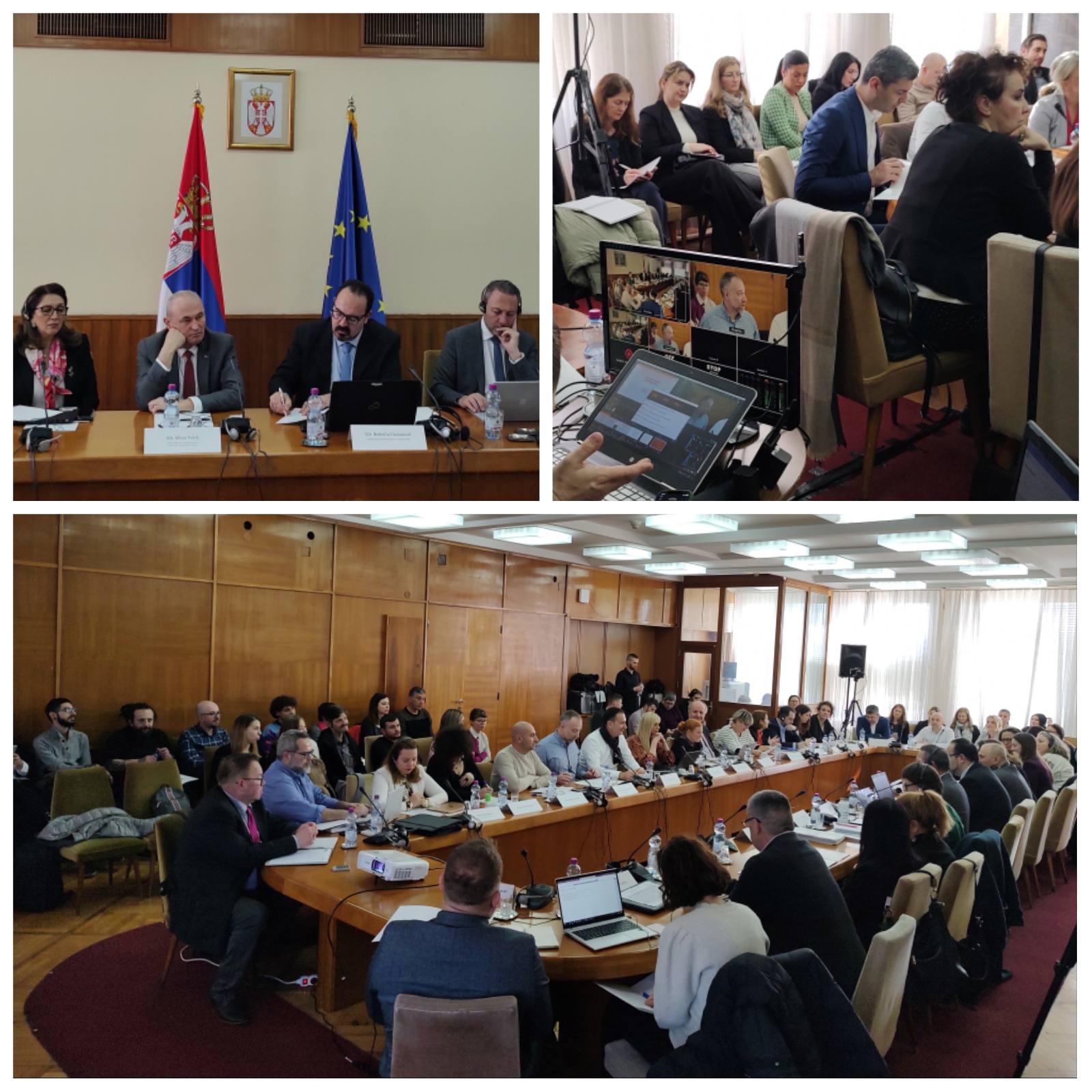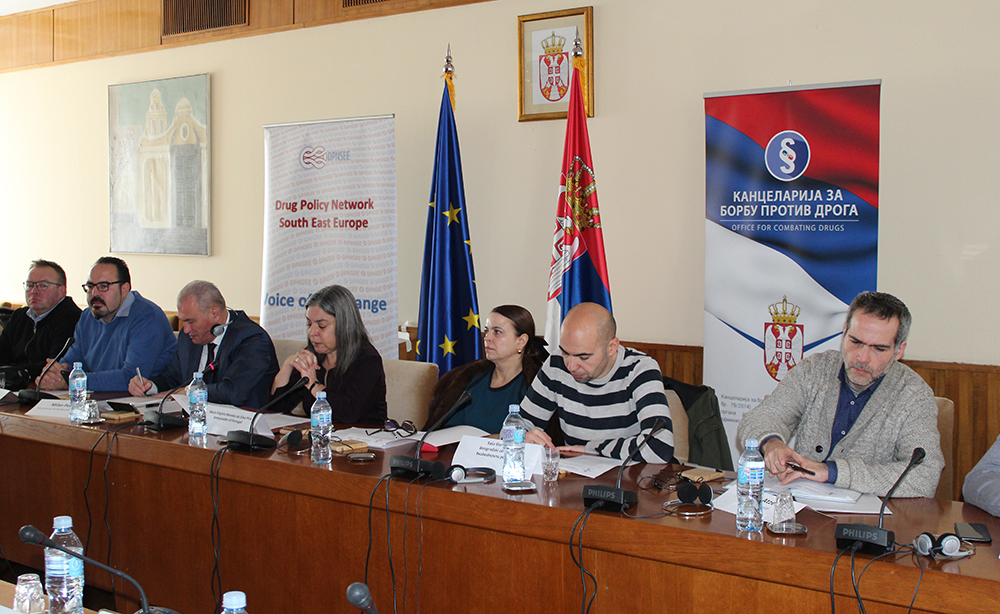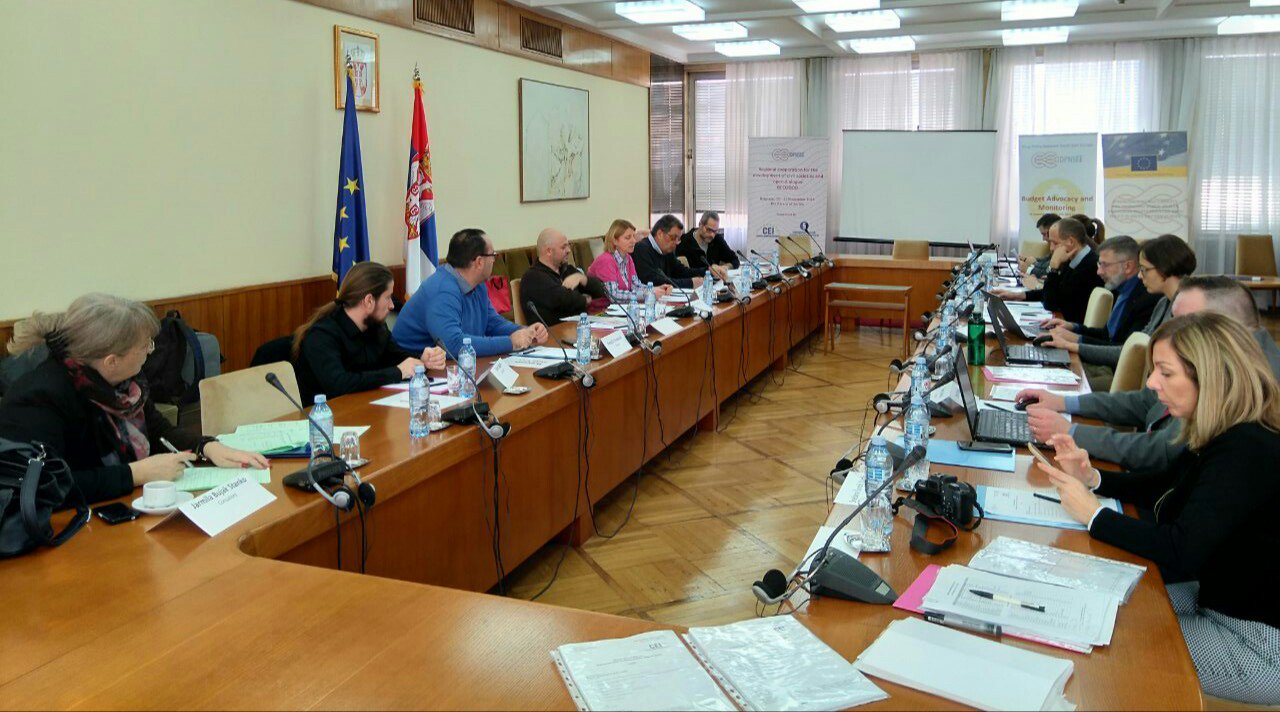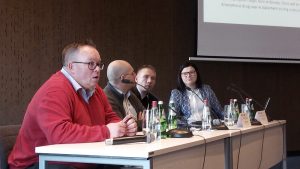Following the previous South East Europe government – civil society dialogues on drugs, held in 2018 and 2020, the Drug Policy Network South East Europe organised a very successful Regional round table focused on community-led consultative process on the importance of human rights and evidence-based national drug strategies in HIV response.
The Round table was held in scope of the UNODC-led project for implementation of the “Emergency support for the provision of HIV and Harm Reduction services among key populations in Ukraine and refugees in selected neighbouring countries.” The primary objectives of the project are to ensure the continuity of the HIV prevention, treatment and care (including OAT and ARV) services for people who use drugs/live with HIV, especially community-based care and support for people who use drugs, people living with HIV and other key populations.
 The aim of the event was mobilising civil society, service providers, policymakers and other national stakeholders from the Western Balkan region to ensure wide and all-involving drug strategy development process, with the focus on evidence and human rights-based drug strategies which prioritise health-related needs and resources.
The aim of the event was mobilising civil society, service providers, policymakers and other national stakeholders from the Western Balkan region to ensure wide and all-involving drug strategy development process, with the focus on evidence and human rights-based drug strategies which prioritise health-related needs and resources.
The Regional round table was held on 21 February 2023 in Belgrade. The Office for Combating Drugs of the Government of Serbia supported the event ensuring that it is held in the Palace of Serbia.
A record 58 participants came from across of the region, including civil society, service providers, policymakers and other national stakeholders. Representatives of UN Office for Drugs and Crime (UNODC), European Drug Agency (EMCDDA) and The Global Fund to Fight AIDS, Tuberculosis and Malaria joined.
The agenda of the event included presentations of the UNODC project and work around key populations at the global level, the ongoing refugee situation in Serbia and Montenegro, as well as national responses to humanitarian refugee crisis and changing drug situation in countries of the region. In addition, the Round table offered a platform for discussion on with the focus on identifying needs of different stakeholders, especially key affected populations, analysing the national HIV/harm reduction response, key challenges and priorities, the role of the civil society, funding, monitoring, evaluation and impacts assessment.

Presentations from the Regional round table are available following this link>>>.
Bellow is the recording of the Regional round table.



 Report from the dialogue is available
Report from the dialogue is available 




